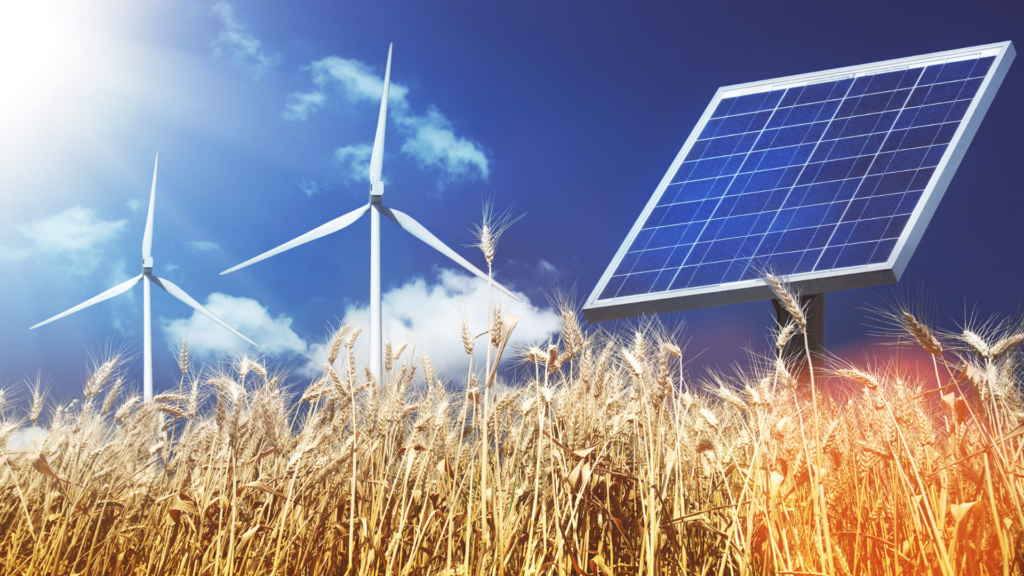In 2021, we observed as the global economy rebounded while grappling with mounting climate change related extreme weather events, the ongoing COVID-19 pandemic, supply chain issues and a global energy supply crunch.
This is what we can expect in the remainder of the year ahead in 2022:
1. Electricity Demand Growth Shifts Back Closer to Pre-Pandemic Levels
In the first year of the pandemic (2020), global power consumption fell and then rebounded in 2021 as the global economy moved from recovery to expansion mode. It is anticipated that lock-down measures will continue to dial back in the upcoming months. Accordingly, growth in real GDP and electricity demand is also expected to shift closer to pre-pandemic levels.
2. Price Volatility Combined with High Prices
An energy supply crunch and soaring fuel prices occurred in 2021, as global energy demands outpaced supply. These conditions are expected to continue in 2022, with the Russian invasion of Ukraine elevating the risk of supply interruption and sending prices skyrocketing. In addition, while we are also witnessing slowing Chinese and American economic and electricity demand growth and a new supply from recently completed projects or facilities brought back on line, this will not be enough to ease the ongoing energy supply crunch. It is therefore anticipated that in 2022, global power prices will reflect the ongoing volatility and tightness of supply.
3. Renewables Expected to Grow
Global renewables build out is anticipated to continue its strong growth throughout 2022. With the adoption of more and more climate change and renewable related policies, new doors are opening for development. In addition, many corporations are seeking to source clean sources of energy. One of the many drivers of the renewables market growth is the activity of corporate power consumers offers a growing set of options to monetize renewable power.
4. Renewable Energy Supply Chain will Evolve
In the last year, we have witnessed the renewable energy market suffer in profitability due to supply chain issues related to logistics cost pressures and US-China trade tensions. For example, in 2021, the solar industry suffered under the pressure of price increases for the first time in seven years as a result of supply shortages of components, raw materials, labor and rising shipping costs. In 2022, US-based renewable energy developers will need to seek out alternative suppliers (possibly domestic) and reassess their supply chain in order to mitigate and manage these supply chain risks.
5. Infrastructure Challenges & Grid Development will be at the Forefront of Policy Discussions
2021 bore witness to extreme weather related power supply disruptions as well as a global energy supply crunch. As a result, these issues are at the forefront of global policy discussions, as demonstrated, for example, in the United States, where the “Building a Better Grid” initiative was recently launched to ignite the development of high-voltage, long-distance transmission lines. As climate change brings more extreme weather factors, increased variability associated with higher penetrations of wind and solar is also testing power system reliability.
